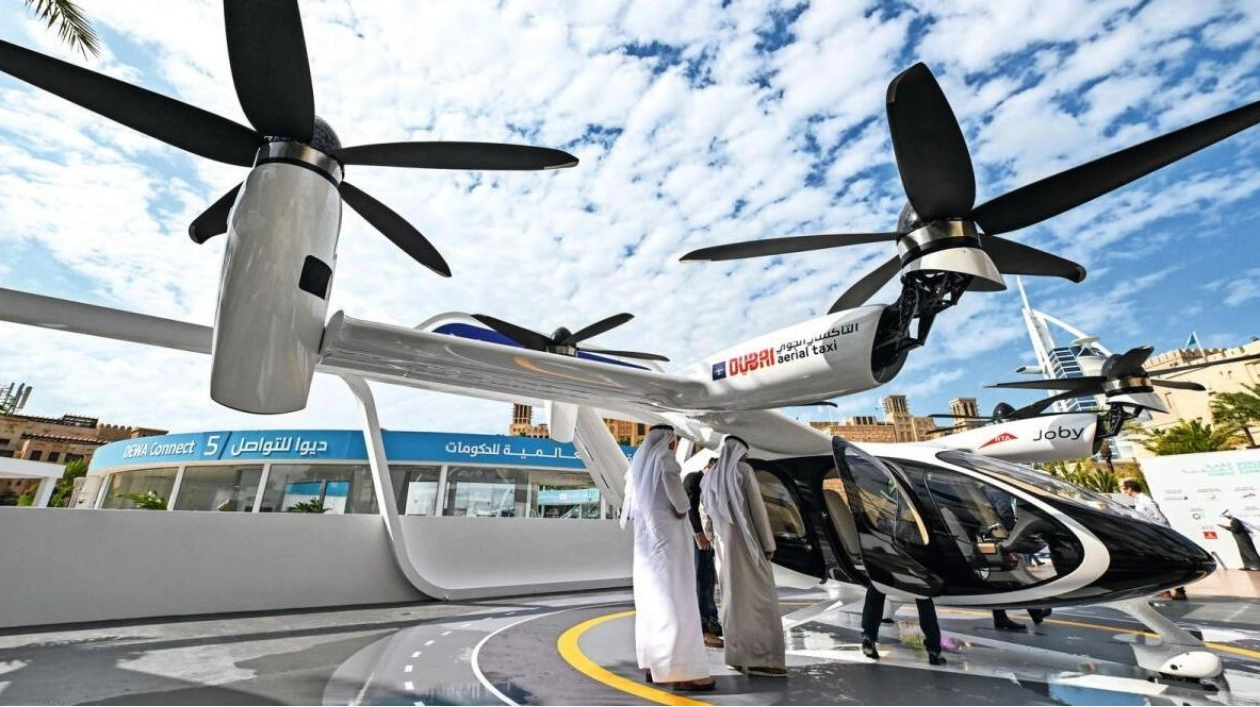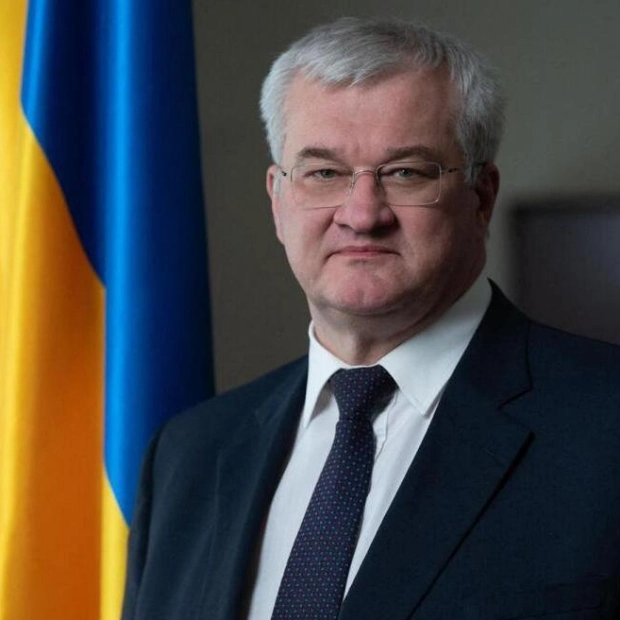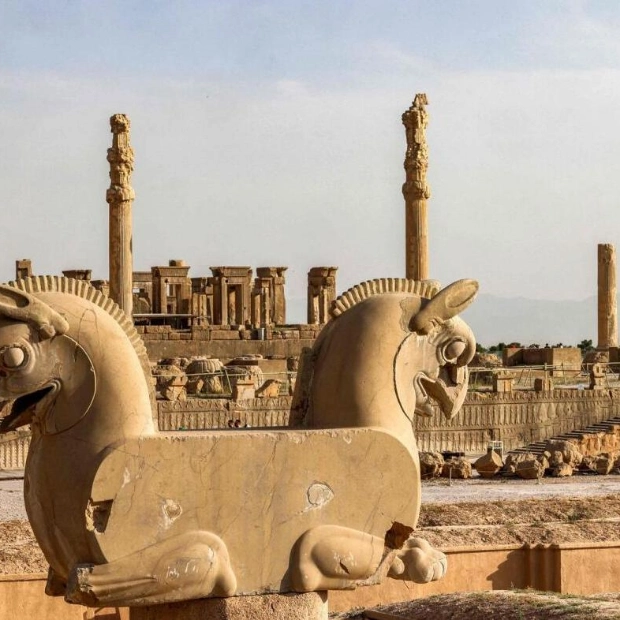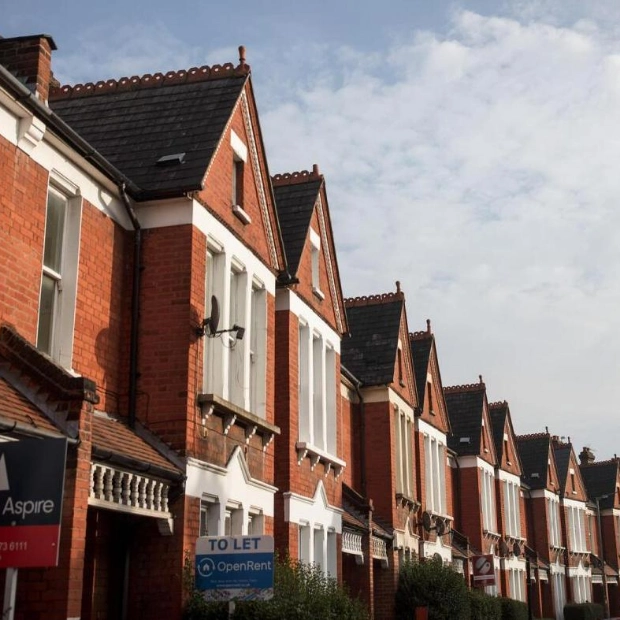In the vibrant skies above future cities, a silent revolution is unfolding: autonomous air taxis. Picture yourself gliding smoothly over traffic jams, transported in stylish, electric vehicles designed for vertical take-off and landing. These technological wonders offer more than just quicker travel; they promise a quieter, cleaner, and more sustainable urban transport future. Dubai is leading this aerial transformation, aiming to launch the world's first self-driving air taxi services by 2025.
Under the guidance of forward-thinking leaders and powered by advanced technology, these taxis will reshape urban navigation, providing unmatched speed and convenience with minimal environmental footprint. As cities globally face issues of congestion and pollution, autonomous air taxis symbolize a significant step towards smarter, greener transport solutions. Get ready to explore the frontiers of autonomous aviation—a future where the sky is not just a boundary but a pathway to a new era of urban travel.
Dubai is at the vanguard of this sustainable urban mobility revolution, with plans to introduce the world's first self-driving air taxi services. This ambitious project is a cornerstone of Dubai's comprehensive strategy, directed by the Roads and Transport Authority (RTA), to achieve zero-carbon mass mobility by 2050. His Highness Sheikh Mohammed bin Rashid Al Maktoum has announced the city's strategic plan to introduce air taxis within three years, aiming to drastically cut carbon emissions. These electric-powered, vertical take-off and landing vehicles will operate in conjunction with cutting-edge infrastructure, including strategically placed vertiports across Dubai.
Initially, these vertiports will connect major hubs such as Downtown Dubai, Dubai Marina, Dubai International Airport, and Palm Jumeirah. These advanced taxis have a range of 241.4km and a top speed of 300km per hour, accommodating up to four passengers plus a pilot. Travel times, such as from Dubai International Airport to Palm Jumeirah, could be reduced from 46 minutes by car to just six minutes by air. Mattar Al Tayer, Director-General of RTA, highlights that the introduction of air taxi services will offer a new sustainable mobility option, integrating seamlessly with Dubai's public transport network to enhance safety and efficiency.
In line with Dubai Economic Agenda D33, which aims to position Dubai among the world's top cities, this initiative reflects Dubai's dedication to leading in autonomous transportation. The city plans to extend self-driving technologies across various transport modes, including maritime solutions, aiming for 25% of all city travel to be autonomous by 2030. The UAE General Civil Aviation Authority (GCAA) and the Mohammed bin Rashid Space Centre (MBRSC) are collaborating to establish Dubai's first integrated autonomous air transport solutions centre, including pioneering the world's first vertical airport accreditation process.
With market projections showing a significant expansion from $6.75 billion in 2022 to potentially $110.02 billion by 2035, Dubai's leadership in autonomous air transport is set to redefine urban mobility and establish new global standards for innovation and sustainability in aviation. Samantha Rowles, Operations Director at Serco, emphasizes that air taxis will significantly reduce road congestion and emissions, offering a new, sustainable travel option as consumers become more eco-conscious.
Additionally, air taxis will reduce road wear and tear and enable the UAE to develop previously inaccessible areas, minimizing journey times from outlying communities. A groundbreaking agreement between Joby Aviation and RTA, witnessed by Sheikh Mohammed during the World Government Summit, paves the way for Joby Aviation to exclusively operate air taxi services in Dubai starting as early as 2025. This agreement grants Joby Aviation a six-year exclusive right to operate in Dubai, positioning the city as a global leader in sustainable and efficient air travel.
The initiative not only promises to transform intra-city travel within Dubai but also aligns with the UAE's vision for advanced mobility solutions. Joby Aviation will ensure stringent safety standards and operational oversight under the regulatory framework set by the General Civil Aviation Authority (GCAA), guaranteeing a seamless and secure passenger experience. UAV Drone Taxi — A New Reality: Can drones safely transport people as part of a public transport system? Compared to helicopters, drones offer advantages such as quieter operation and safer low-altitude flights.
The absence of large blades and vortex flows makes drones more maneuverable and safer for landing almost anywhere. However, the high cost of these drones means their introduction into urban transport systems will be gradual and safer. Igor Pongrac, CTO of AirQ, discusses how advancements in artificial intelligence and machine learning are shaping the future of unmanned aerial vehicles (UAVs), enabling them to perform complex tasks with high precision and safety.
Machine learning algorithms allow drones to improve continuously, enhancing reliability and efficiency. Prognac emphasizes the importance of trust in advancing autonomous UAV technology, advocating for transparency, safety, and community engagement. The integration of autonomous UAVs into transportation ecosystems has significant economic implications, creating new job opportunities and stimulating economic growth through innovation. However, challenges such as regulatory frameworks and job displacement must be addressed proactively through workforce retraining programs and collaboration with regulatory bodies.






